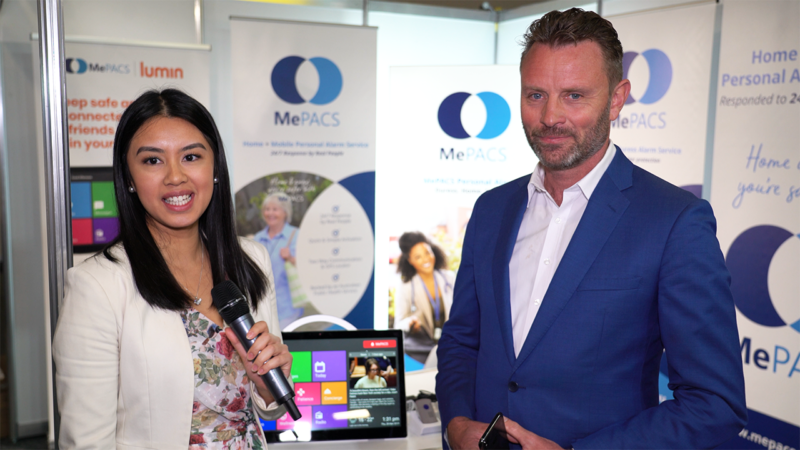Social isolation refers to limited social contact and interaction with others, resulting in feelings of loneliness and disconnection. It disproportionately affects the elderly due to factors like loss of friends and family, retirement, reduced mobility, ageism, and limited access to technology. The elderly are at higher risk of social isolation as they may experience a shrinking social circle and face barriers to social participation. Social isolation has significant detrimental effects on their mental and physical well-being, leading to increased rates of depression, anxiety, cognitive decline, and reduced quality of life. Addressing social isolation among the elderly is crucial for promoting their overall health and happiness.
Social prescribing is a healthcare approach that recognises the importance of social factors in overall well-being. It involves connecting individuals with non-medical activities and community resources to improve their health and quality of life. Healthcare professionals, such as doctors or social workers, “prescribe” activities like art classes, gardening, exercise groups, or support groups, which can address underlying social determinants of health and promote holistic well-being. By addressing social isolation, mental health, and lifestyle factors, social prescribing aims to enhance individual health outcomes and reduce the burden on healthcare services.
Social prescribing provides support in various areas of people’s lives, leading to increased confidence, improved navigation of systems, and enhanced friendships and trust in healthcare, while communities should be designed in an age-friendly way to prevent isolation.
In Part 1 of the Models of Care on Social Prescribing, Australian Health Journal spoke to 4 people advocating for social prescribing in Australia:
- Dr Michelle Lim, Scientific Chair and Chairperson, Ending Loneliness Together
- Patricia Sparrow, Chief Executive Officer, COTA Australia
- Dr Paresh Dawda, General Practitioner, Director and Principal, Next Practice Deakin. All well as being a UK GP
- Tracey Johnson, Chief Executive Officer, Inala Primary Care
The discussions with these advocates emphasise social prescribing is a necessary solution to address isolation, loneliness, and stress, but it requires more resources, funding, and support to make it accessible and affordable for individuals, particularly older Australians.
You Might also like
-
Australian Digital Health Industry Report 2020
ANDHealth CEO Bronwyn Le Grice steps us through key report data from 317 emerging high growth potential digital health companies across Australia. Each of these companies has been supported in some way by ANDHealth since 2017.
-
Australian Healthcare Week 2019: Pitch Fest Finalist Lumin
Startup company Lumin was a Pitch Fest Finalist at last week’s Australian Healthcare Week Expo in Sydney. The Lumin platform is used in aged care where loneliness and isolation can be a trigger for stroke and dementia. Lumin helps the connection to care providers, family members and duress monitoring services in a device that has been designed for those with dementia, vision impairment or find complex devices difficult to use.
Managing Director and Co-Founder Paul Wilson spoke at the Mepacs booth with Anne Dao from Australian Health Journal about the market they target and the design of the user experience, including the remote servicing and monitoring. The integration allows the monitoring team in the call centre see and hear the personal raising the alarm. Mepacs is a provider of personal duress alarms and have teamed up with Lumin.
Post Views:
712 -
Generosity of spirit in teaching
The Ramaciotti Medal for Excellence is considered one of the most prestigious awards in biomedical research in Australia and is highly sought after by researchers in the field.
In 2022, Professor Matthew Kiernan was the recipient of the Ramaciotti Medal for Excellence and the associated $50,000 award.
Australian Health Journal spoke with Professor Kiernan to hear about his journey in medicine and science to try and uncover and understand diseases and his generosity of spirit to pass on what he has learnt.



